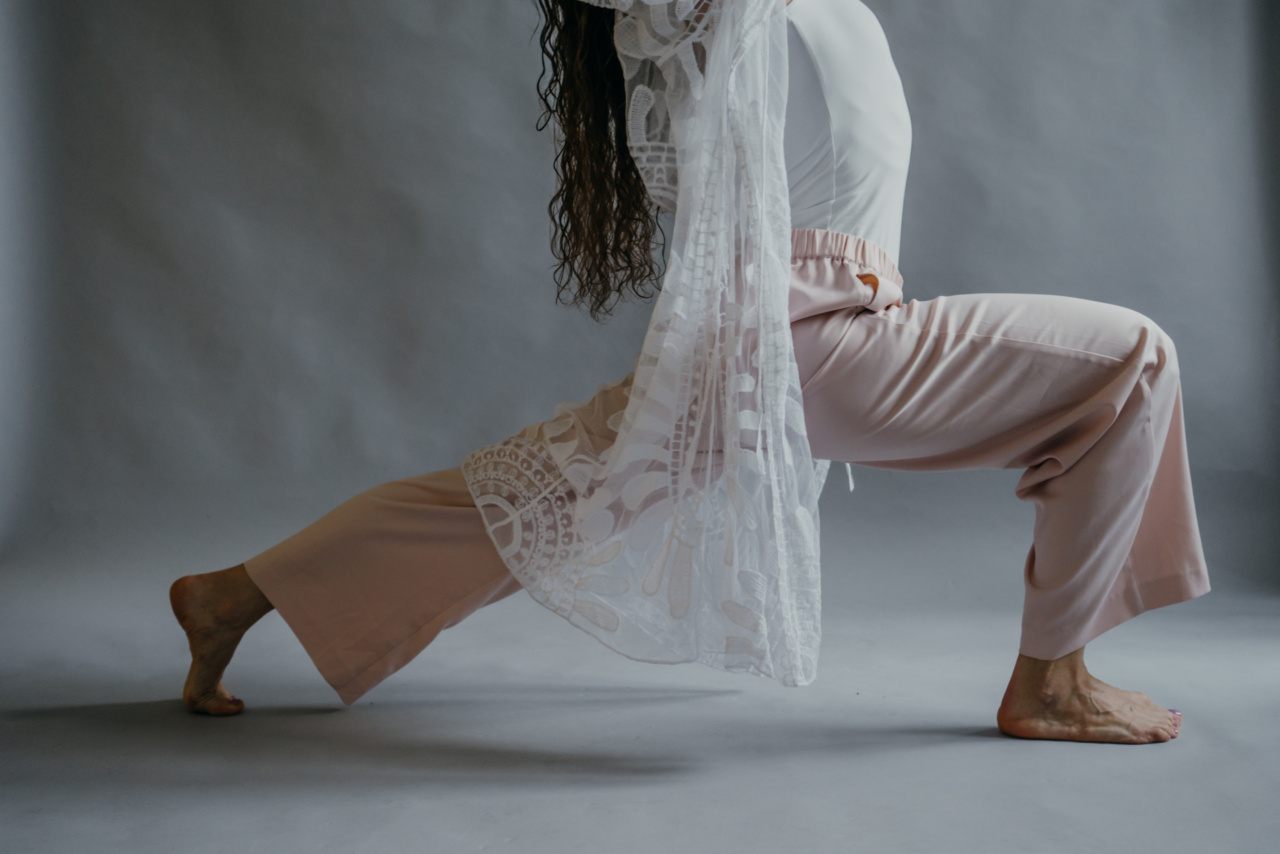Living with rheumatoid arthritis (RA) can be incredibly challenging, as it is a chronic inflammatory condition that causes pain, stiffness, and swelling in the joints.
However, incorporating yoga into your daily routine can offer significant relief and improve your overall well-being. With its gentle movements, breathwork, and mindfulness practices, yoga has been found to be highly beneficial for managing RA symptoms and promoting healing.
In this article, we will explore the various ways in which yoga can positively impact the lives of individuals living with rheumatoid arthritis.
1. Increased Flexibility and Joint Mobility
Regular practice of yoga can help improve joint flexibility and mobility, which is crucial for individuals with rheumatoid arthritis.
The gentle stretching and specific yoga poses target the affected joints, enhancing their range of motion and reducing stiffness. Over time, consistent practice can help alleviate pain and give individuals with RA more freedom of movement.
2. Enhanced Strength and Stability
Yoga poses focus on building strength and stability in the muscles surrounding the joints. This increased muscular support helps to protect and stabilize the joints affected by rheumatoid arthritis.
Strengthening these muscles can help prevent further damage to the joints and reduce the risk of injury.
3. Improved Balance and Coordination
Individuals with rheumatoid arthritis often experience difficulties with balance and coordination due to joint pain and inflammation. Yoga promotes balance and coordination through various standing and balancing poses.
Regular practice can help improve proprioception (awareness of body position) and reduce the risk of falls or accidents.
4. Alleviation of Pain and Discomfort
Yoga has been found to be effective in reducing chronic pain, which is a common symptom of rheumatoid arthritis.
The gentle movements, deep breathing, and relaxation techniques incorporated in yoga help calm the nervous system and release endorphins, which are natural pain-relieving hormones. Regular practice can lead to a significant reduction in pain levels and an overall improvement in well-being.
5. Stress Reduction and Improved Mental Health
Living with rheumatoid arthritis can be emotionally and mentally draining. Yoga offers a holistic approach to managing the disease by incorporating mindfulness, deep breathing, and meditation.
These practices help reduce stress levels, improve mood, and promote a sense of peace and well-being. By enhancing the mind-body connection, individuals with RA can better cope with the emotional challenges that accompany their condition.
6. Better Sleep
Sleep disturbances are common among individuals with rheumatoid arthritis. Pain, inflammation, and discomfort can make it difficult to achieve restful sleep. Yoga promotes relaxation and stress reduction, which can contribute to a better sleep quality.
Incorporating gentle yoga stretches and mindfulness techniques into a bedtime routine can improve sleep patterns and provide the body with the rest it needs to heal and repair.
7. Boosted Immune System
Rheumatoid arthritis is an autoimmune disease in which the immune system mistakenly attacks the body’s own tissues. Yoga has been shown to modulate and strengthen the immune system, promoting a healthier balance and reducing chronic inflammation.
By practicing yoga regularly, individuals with RA can potentially strengthen their immune response and improve their overall well-being.
8. Safe and Gentle Exercise Option
Many individuals with rheumatoid arthritis have limitations on high-impact exercises due to joint pain and potential joint damage. Yoga provides a safe and gentle exercise option that can be tailored to individual needs and abilities.
With the guidance of a qualified yoga instructor, individuals with RA can practice modified poses and movements that suit their condition, allowing them to stay active and maintain their physical fitness.
9. Supportive Community and Increased Social Connection
Attending yoga classes specifically designed for individuals with arthritis can offer a supportive community environment. Connecting with others who understand the challenges of living with RA can provide emotional support and a sense of belonging.
Building a network of individuals going through similar experiences can be invaluable in managing the physical and emotional aspects of rheumatoid arthritis.
10. Empowerment and Self-Care
Engaging in regular yoga practice empowers individuals with rheumatoid arthritis to take an active role in their own well-being.
Rather than feeling helpless or dependent, yoga offers a self-care practice that can be tailored to individual needs and preferences. Through yoga, individuals with RA can regain a sense of control over their bodies and their lives.
In conclusion, incorporating yoga into the daily routine of individuals living with rheumatoid arthritis can bring immense physical, emotional, and mental benefits.
From increased flexibility and joint mobility to stress reduction and improved sleep, the healing potential of yoga for individuals with RA is profound. By embracing yoga as a holistic approach to managing the disease, individuals can experience a better quality of life and cultivate a sense of empowerment in their healing journey.































